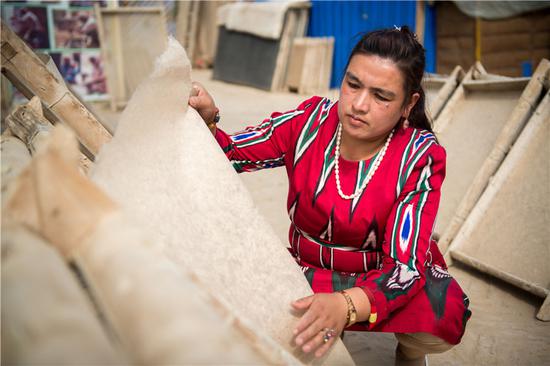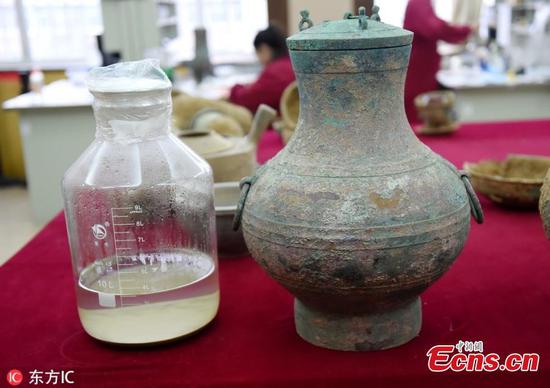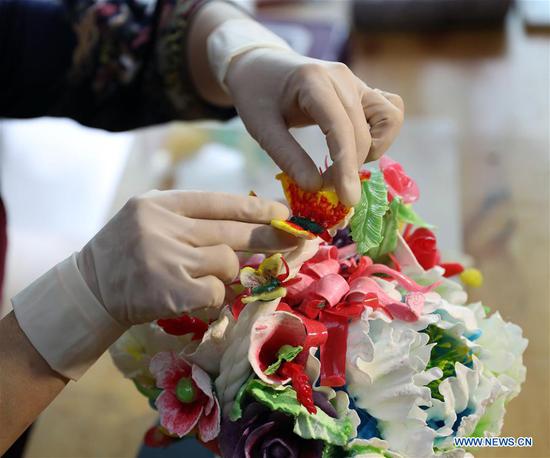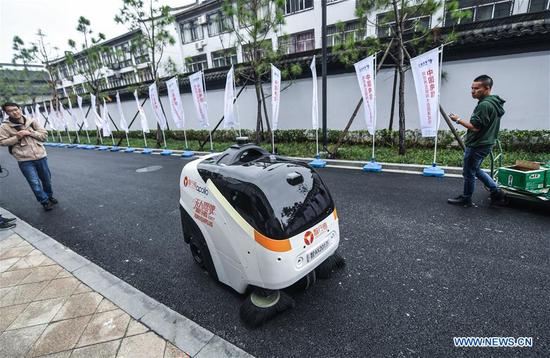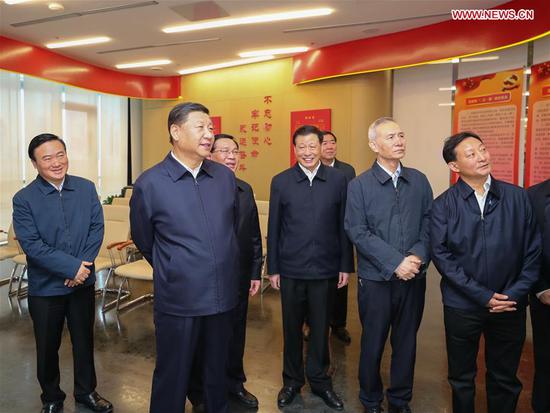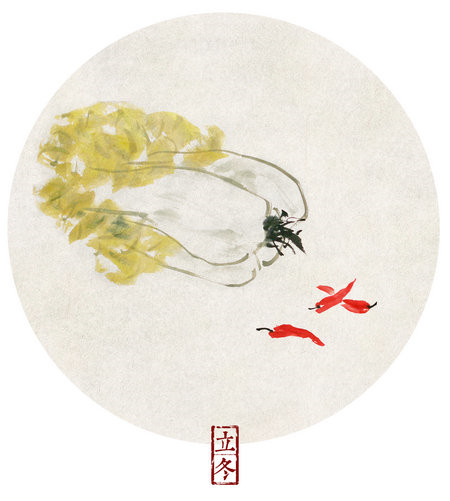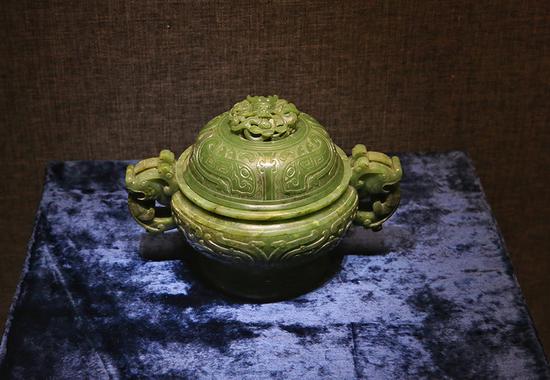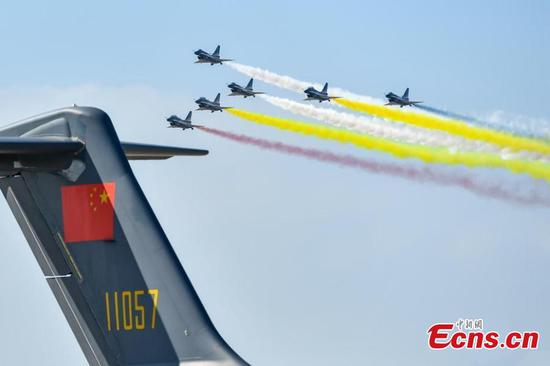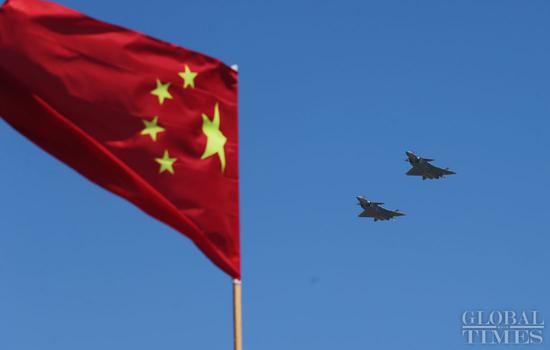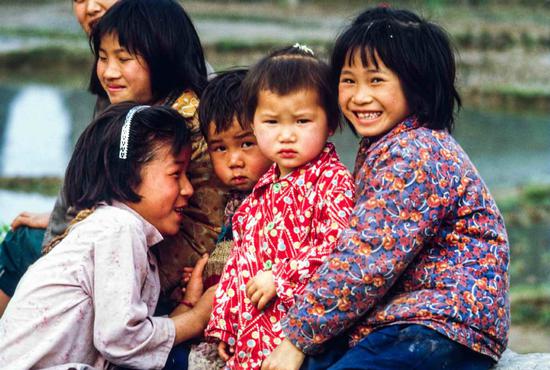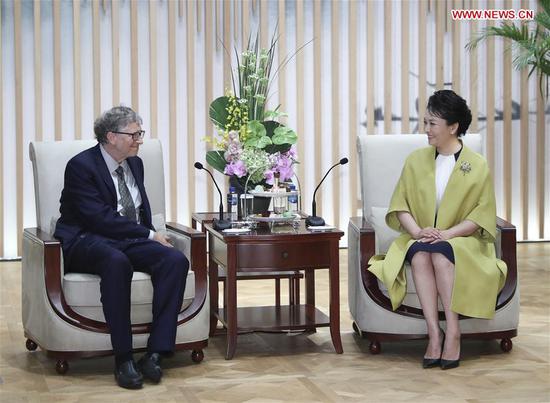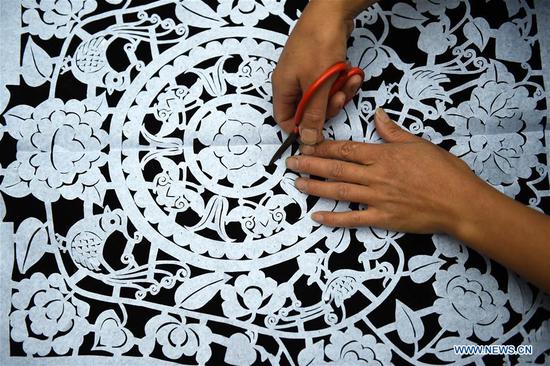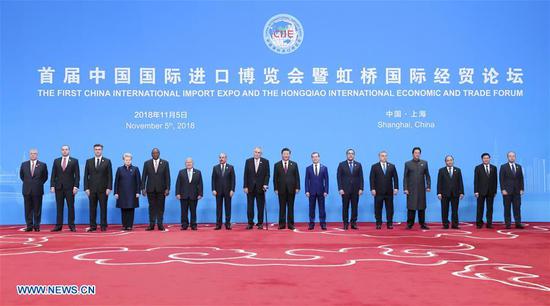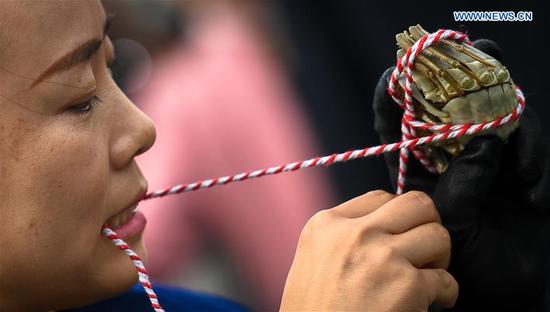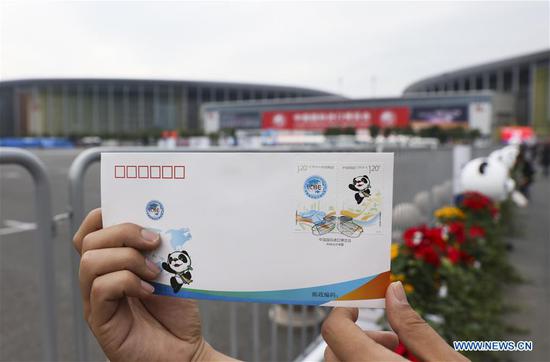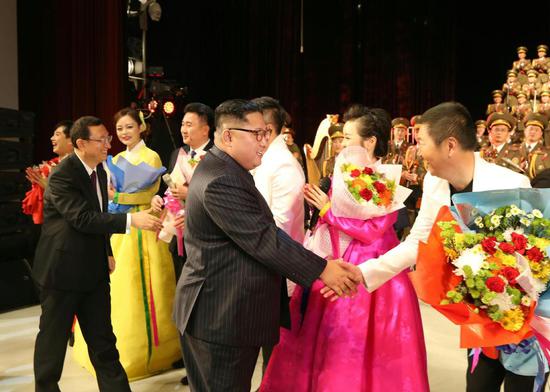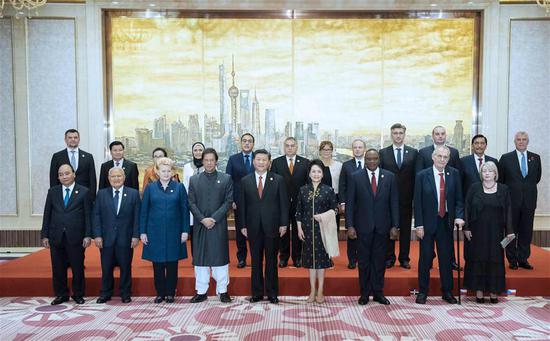The relationship between China’s mothers- and daughters-in-law has always been a tricky one. Now a winner seems to be emerging, on one side, at least: On October 18, Xinhuanet?reported?that?waipo?(外婆, maternal grandmothers),?also known as?laolao?(姥姥), are winning the fight against?nainai?(奶奶, paternal grandmothers) to be the primary?proxy parent?for grandchildren in the “two-child policy”era.
According to a survey of parents by Xinhua, apart from cases where the paternal grandparents live too far away, there are two reasons why parents may rely on?waipo?more. First, young women trust their own mothers more, and find it easier to communicate with them compared to their?popo?(婆婆, husband’s mother). Second,?nainai?are viewed as being more likely to challenge new mothers, and put the their grandchildren’s welfare over that of their?erxifu?(兒媳婦, daughters-in-law).
Or, as one Chinese folk saying has it,? 婆婆不是媽 (“A mothers-in-law can never be the same as a mother”). This domestic quandary has been the central conflict in countless works of literature including China’s oldest epic poem, the fifth century?Peacocks Fly Southeast.
By the same token, of course, as Fuzhou resident Zheng Jia?told?Xinhua, her mother is more forgiving of her perceived “flaws” in parenting the child; Zheng doesn’t know how to handle her?popo?unless her husband is around to smooth things over.
The relationship between?xifu?and?popo?(婆媳關系) is one of the oldest and trickiest. According to patriarchal tradition, daughters-in-law are supposed to be subordinate to their mothers-in-law. There’s a Chinese saying, naturally, 多年的媳婦熬成婆 (“Xifu?finally becomes?popo?after years of endurance”), which means that the only way for a daughter-in-law to cast off her oppression is to become a mother-in-law herself (after which, apparently, she can start tormenting her own daughter-in-law).
In modern China, the issue is more complicated, as women are better educated,?work outside the home, and develop?more independent attitudes?toward child-rearing and housework than these meddling grannies. Meanwhile, older?popo?may be reluctant to give up control, especially to an “outsider” not related to the family lineage by blood.
Moreover, modern nuclear families are smaller, and may live thousands of miles away from grandparents, making each side touchy about getting their fair share with the (often only) grandchild.
Another complication is the fact that traditionally, the father’s parents were expected to have much closer relationships with their grandchildren than the mother’s. As indicated by their?title,?waipo, and all maternal relatives by extension, are considered “outside” (外) the patriarchal lineage.
Historically, the?nainai?would have lived with their sons and sons’ children and taken a hands-on role in running the household, and some?nainai?have not taken the loss of status well: In early October, a?nainai?performed a?sensational child-kidnapping?at a Beijing shopping mall, after her estranged daughter-in-law refused to allow the grandson to be raised in the family home in Shandong province (in a further twist, the?nainai?turned out to have misidentified and?snatched a stranger’s child, which didn’t exactly help her case).
“Conflicts between women and mothers-in-law may be caused by faults of the mothers, or mothers-in-law, or both,” Liu, a 30-year-old mother whose own parents act as live-in caregivers for her son, tells TWOC. “In essence, they lie in the blood.”
Article by Tan Yunfei (譚云飛)










